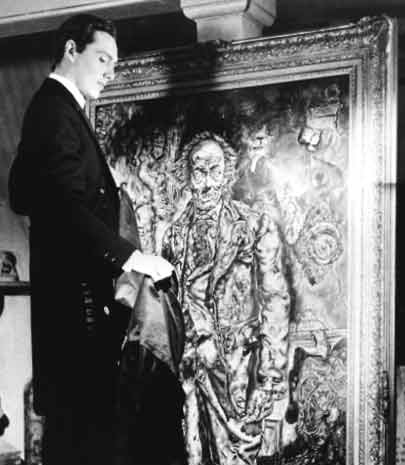Tuesday
Oscar Wilde famously defined a cynic as one who knows the price of everything and the value of nothing. I thought about that quotation recently when reading accounts of Mark Leibovich’s Thank You for Your Servitude: Donald Trump’s Washington and the Price of Submission and
Tim Miller’s Why We Did It: A Travelogue from the Republican Road to Hell, two recent books by men intimately acquainted with Republican politicians.
According to Miller, a former GOP consultant-turned-Democrat, cynicism accounts for why many Republicans operatives stuck it out with Trump, even though they knew better. According to Jonathan Chait’s review, Miller contends that most GOP operatives fail to “summon the imagination and moral courage to break free from their career path and social identity.” As a result, they rationalize away “the cavernous gap between the means of campaigning and the ends of governing.” Any means, including voter suppression and the threat of violence, are acceptable if they result in winning.
While Chait acknowledges that some cynicism is inevitable in politics, the GOP has taken cynicism to a whole new level:
One would expect any seasoned political operative to exhibit some level of detachment from their field given that the work inevitably requires sanding down complex truths into slogans and taglines. But Miller reveals that he and his colleagues considered the whole enterprise fundamentally bullshit. Nearly to a person, they thought of politics as a game, and they considered the absence of ethics a mark of sophistication.
Miller shows how the pervasive cynicism among his party’s political class produced the conditions for its capitulation to Trump. The most evident form the cynicism took was ginning up popular rage to hide the GOP’s central policy goals, which as always are lowering taxes and removing regulations on business. For his part, Leibowicz points out that Trump outplayed the establishment cynics by ascending to new levels of cynicism. In Thank You for Your Servitude he observes, “The perverse beauty of Trump was that he could be weirdly forthcoming about how full of sh– he was.”
Pushing against the tide have been those few Republicans courageous enough to stand up for American ideals, most recently Cassidy Hutchinson, the aide to Trump’s Chief of Staff who recently testified before the House January 6 Committee. Hutchinson is the exception rather than the rule, however, and cannot alone save the party from itself. Unfortunately, Chait gloomily contends, what we mostly have is “a soft pink wall of timorous apparatchiks.” That these people are not monsters, he observes, should make us even more afraid. That’s because they are “achingly human” in their untrustworthiness. It is “their humanness,” he writes, “that renders them so terrifyingly weak and vulnerable in the face of evil.”
Wilde explores such cynicism in Picture of Dorian Gray through the figures of Lord Henry Wotton and his protegé Dorian. For them, the game is not politics but beauty, but as with GOP politics, it is divorced from the human heart. The characters scoff at sentimentality and earnest belief, choosing instead to congratulate themselves on their exquisite taste. They know the price of everything but the value of nothing.
Here’s Sir Wooten, for instance, talking about Sybil Vane, who has just committed suicide after Dorian has rebuffed her. He looks at the aesthetics of her death, not at the humanity:
She has played her last part. But you must think of that lonely death in the tawdry dressing-room simply as a strange lurid fragment from some Jacobean tragedy, as a wonderful scene from Webster, or Ford, or Cyril Tourneur. The girl never really lived, and so she has never really died. To you at least she was always a dream, a phantom that flitted through Shakespeare’s plays and left them lovelier for its presence, a reed through which Shakespeare’s music sounded richer and more full of joy. The moment she touched actual life, she marred it, and it marred her, and so she passed away.
When everything is a game, then nothing is real—that is, until people get hurt. Or in Dorian’s case, when he has a moment of self-reckoning, gazing upon a lifetime of denying his humanity. Will Trump and Trump’s enablers ever reach such a moment? Will they gaze in horror in the shape their souls have taken in the course of their careers? Or have they been so hollowed out that anything genuine and true is forever beyond their grasp?


